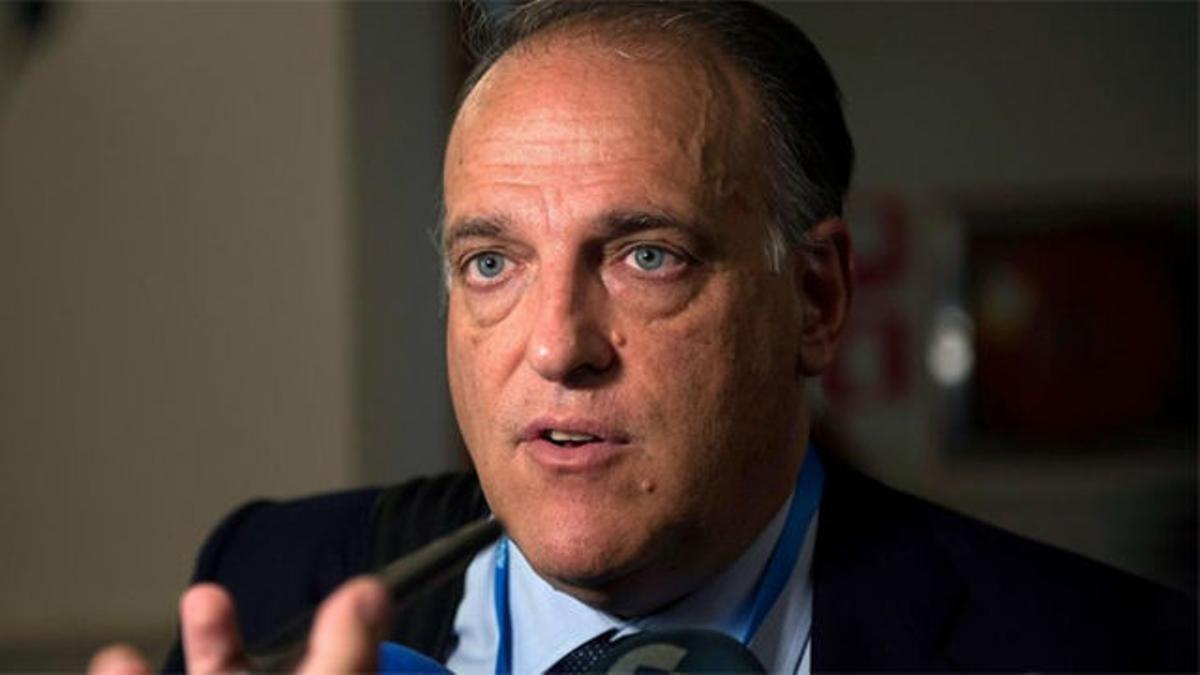Girona-Barça in Miami: Can the RFEF stop La Liga game in the U.S?
FIFA rules outline the process for taking a domestic game abroad
It's become obvious that the La Liga games which will be played in the United States, starting with Girona against Barcelona in January, has increased the rift between the league (LFP) and the Spanish Federation (RFEF). While LFP chief Javier Tebas is desperate to take fixtures abroad, RFEF president Luis Rubiales, talking to The Guardian, made it clear that Tebas was acting without authority. He said the agreement is "worthless."
Who is right in this war of words? To what point do La Liga need the RFEF's permission to take a game out of Spain? Can the RFEF stop them?
SPORT have analysed the situation. The first point to focus on is the Coordination Agreement between La Liga and the RFEF. There is nothing in it about playing matches outside of Spain. The same in the RFEF's rules. It only makes reference to players and coaches with teams that don't belong to the Spanish league. It also says that you can't play a friendly outside of Spain 24 hours before an official game. In fact, that limitation could have forced Barça to suspend their friendly against Roma in the USA, one day before the date of the Spanish Super Cup final. In the end, the RFEF opted for a one-off game instead of a two-legged affair. It also says that it's a requisite to speak with the RFEF regarding any game you want to dispute in Spain against a team which is from abroad.
Reaching this point, the only thing left which could impede the U.S project is rules applied by FIFA. In Article 11, they talk about matches between teams of the same league outside of their country.
The text says the following: "Each participating team must request the authorisation of the league they belong to, who in addition will request the authorisation of the Confederation which it is affiliated to at least 21 days before the daye of the game."
"The participating clubs will need to be given authority by the league they play in. That league will then have to request permission from all those countries implicated (the RFEF and the U.S Federation), as well as the associations (UEFA, CONCACAF) at least 14 days before the game is disputed."
Once this authorization is approved by FIFA, the association of the host country must notify all affected and intervening parties. While it seems clear that these type of matches require a a number of formalities, we will see to what extent the RFEF can limit or prevent the game taking place if the clubs want to be involved and UEFA, the United States Football Federation and CONCACAF all support it, too.
While it is true that the process requires notification and knowledge of the RFEF, who must also act as a means of communication with the other parties, it is also true that it would be very difficult to imagine, given the existing agreement and approval among all the other parties, the RFEF preventing this pioneering initiative in the Spanish league.





